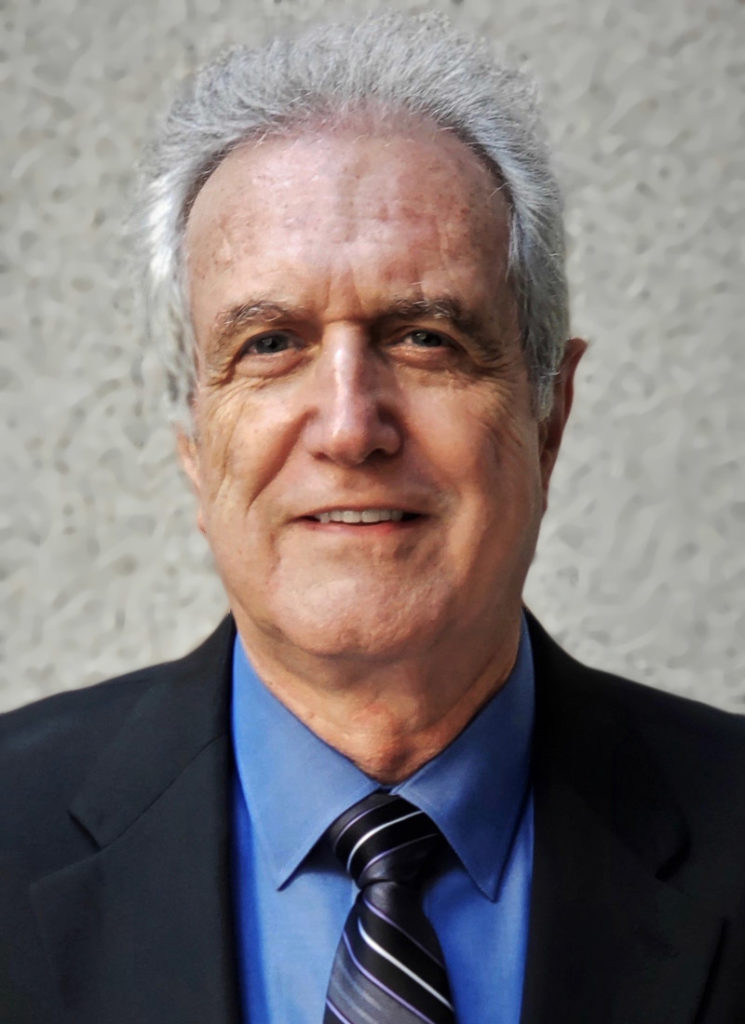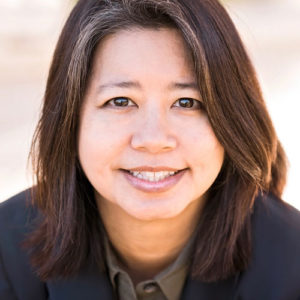By Catarina Kidd, AICP, May 11, 2020
 William Lieberman, AICP, is Principal Planner at CHS Consulting Group in San Francisco. He holds a master of regional planning from the University of North Carolina, Chapel Hill, and a BA in biology from Northeastern University.
William Lieberman, AICP, is Principal Planner at CHS Consulting Group in San Francisco. He holds a master of regional planning from the University of North Carolina, Chapel Hill, and a BA in biology from Northeastern University.
What is your current role?
At CHS Consulting, my specialty is transportation planning — a culmination of 50 years of professional practice, mostly in the public sector with stints in private consulting.
How did you decide to specialize in transportation planning?
At Northeastern University, I set out to be a biologist and, after working in a lab, found it was not for me. I visited the Boston Redevelopment Authority, which had a big transportation planning section, just to get an idea of that field. The staff asked me if I wanted to apply for a work-study position there. That planning job set the path for my career.
You have worked for public agencies in many major cities. Tell us about your journey.
After graduate school, I worked as a consultant in Washington, DC. I then landed a position at TriMet in Oregon. There, I helped develop Portland’s first “MAX” light rail line, among other transit initiatives. It was the best training ground I could have hoped for, immersing me in everything from technical analyses to public speaking. After nine years there, I moved to San Diego, where I worked as the Director of Planning and Operations at the San Diego Metropolitan Transit Development Board for 17 years.
What is your experience with consulting?
I spent three years at Barton-Aschman Associates, five years at Jacobs Engineering, and my own consulting firm for four years. Most of my work was as a technical advisor to transit agencies in Austin, San Diego, and Boston. I’ve been at CHS here in the Bay Area for the past eight years.
What brought you to the Bay Area?
For many years, my family followed my career. I ended up following them to the Bay Area, where my two sons had settled. In 2005, I was hired as the first director of planning at SFMTA. It lasted only about two years. A new executive director was hired, my position was eliminated, and I was offered a consulting role. That was a tough experience, but it forced me to rethink what I wanted in my career and how to make that happen. I then went to work for Jacobs before deciding to semi-retire and take my present position with CHS. Since 2012, I have been working as a consultant with transit authorities or cities on transit-related projects.
Looking back on your career, what project stands out the most and why?
My oversight of the strategic plan for San Diego Metro’s transit system was an eye-opening experience. I worked with consultants proficient in market research who helped me see that we really didn’t know our clientele and what was needed.
Our project team administered a rider perception survey to 800 local residents and conducted small focus groups. We learned that feelings about the value of time, prestige of the service, and personal security often override practical considerations like transit fares, service frequency, and routings. I sat in on a focus group where several women shared that they were not comfortable on transit when their body touched the person sitting next to them. There were many such insights that helped us understand what influences people’s decisions on how they travel. It gave me an awareness of a dimension of planning that I’ve continued to use in my work.
What factors do you consider before moving on to a new job?
When the job starts to feel too repetitious, it may be time to move on, especially if there are few opportunities for internal advancement. Another factor is the workplace culture. Some organizations become fossilized or too conservative because they’re under public scrutiny. This may be a sign to move on.
What advice do you have for planners afraid to change jobs?
People in the Bay Area have a huge advantage. There are almost limitless opportunities here. Between transit agencies, municipalities, consulting firms, and academia, there are many choices for planning positions. You don’t have to go through the stress of changing cities, finding a place to live, establishing new relationships, or moving children into new schools. Yes, there is some risk with giving up seniority and work associations, but that’s life. If you are risk-averse, just stay where you are. If you want the inspiration and growth potential of a new challenge, a job change is one way to improve your situation.
You said you live in a senior housing community. What’s that like?
When I was younger, older people talked about being “sent to a home” as a bad thing. But it’s like living in a hotel, and my wife and I absolutely love it! Our community is in an 11-story building, mostly with independent-living condominiums and a few assisted living units. The monthly fees are high, but they cover meals, entertainment, and other services. This community has done a great job with managing the shelter-in-place rules to protect residents during the COVID-19 pandemic.
When it comes to aging, be the planner of your life. Admit that you are moving on and it’s another stage of living. Be prepared to accommodate some changes.
What about aging in place?
Aging in place is not what it’s cracked up to be: I’ve known seniors who were utterly alone in their residence after becoming disabled. Of course, none of us thinks this will happen to us. In a senior community, you can be as alone as you want to be or find company if you choose. You have to know yourself, what you need, and what you can afford.
Do you have any advice for planners on how to approach their practice?
The planner’s most valuable skill is being able to understand how it feels to live in that future you are planning, and what actions are needed to improve that future. Is that where you, or even someone very unlike you, would really want to be?
A final thought: An hour in the field is worth a day in the office. Get away from your desk and, if it it’s not too distant, make frequent visits to the location that is the subject of your work. Go into the community and take it all in. You will see, feel, and hear things you might not otherwise grasp.
 Interviewer Catarina Kidd, AICP, is senior development manager at FivePoint and a guest writer for Northern News. Final editing by associate editor Richard Davis.
Interviewer Catarina Kidd, AICP, is senior development manager at FivePoint and a guest writer for Northern News. Final editing by associate editor Richard Davis.
